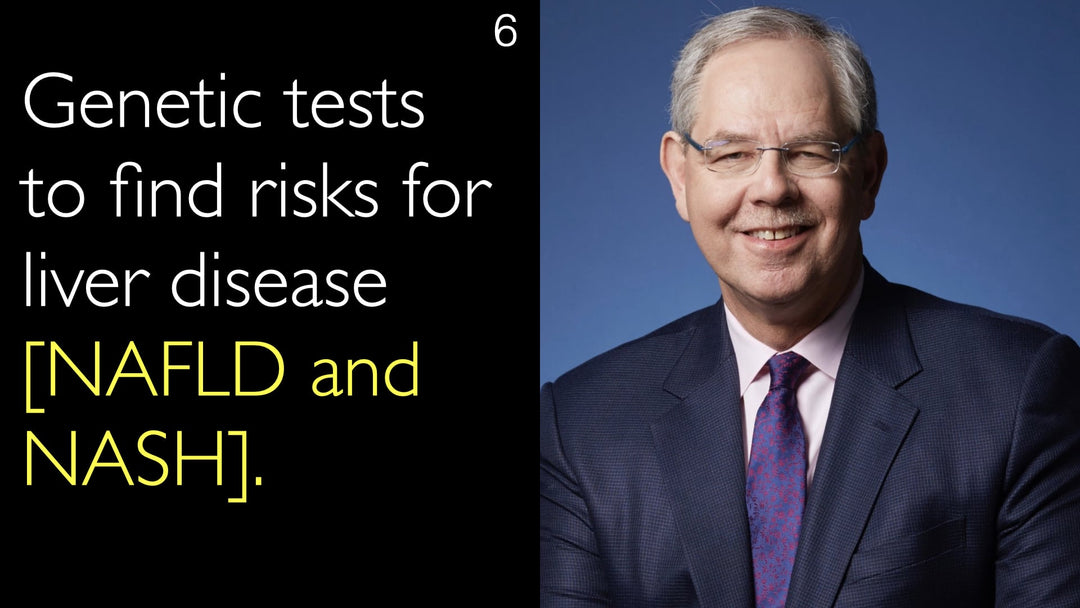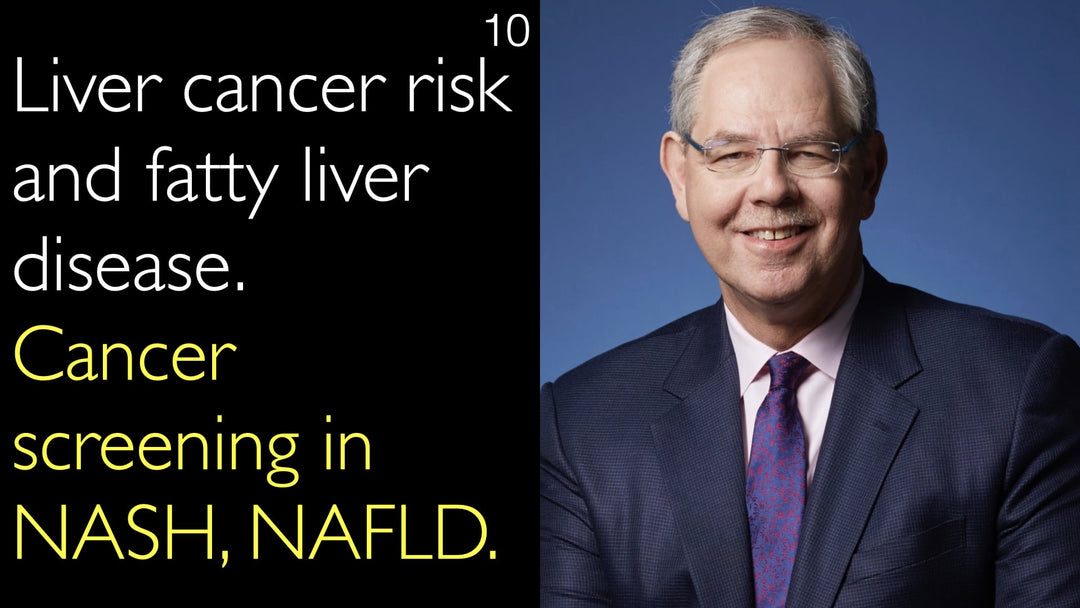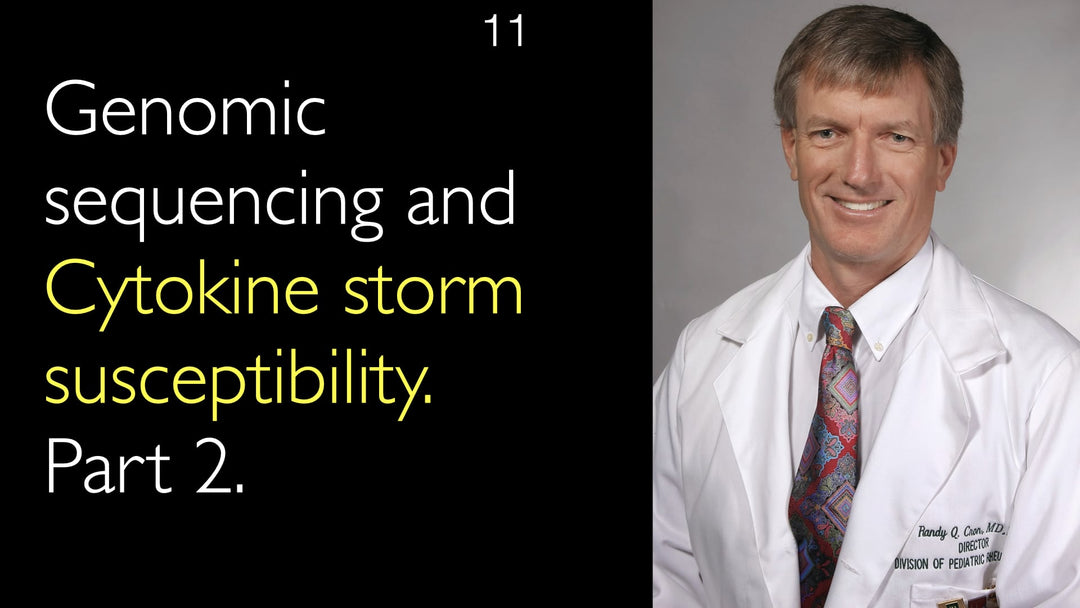Leading expert in cancer screening, Dr. Nadir Arber, MD, discusses advancements in early cancer detection methods, emphasizing the importance of identifying cancer presence through innovative blood tests. He highlights the increasing cancer rates due to environmental factors and aging populations, while noting improvements in mortality rates for certain cancers. Dr. Nadir Arber, MD explains the potential of blood tests to detect multiple cancers, including pre-cancerous conditions like colon polyps, which can guide further diagnostic procedures. He envisions a future where universal cancer detection tests, akin to liquid biopsies, become a reality within the next five years, revolutionizing early cancer diagnosis and treatment.
Innovative Blood Tests for Early Cancer Detection
Jump To Section
- Cancer Screening Importance
- Rising Cancer Rates and Causes
- Advancements in Cancer Detection
- Blood Tests for Cancer Detection
- Universal Cancer Detection Tests
- Future of Cancer Screening
- Full Transcript
Cancer Screening Importance
Cancer screening plays a crucial role in early detection, which can significantly improve treatment outcomes. Dr. Nadir Arber, MD, emphasizes the need for screening methods that answer the fundamental question: Is there cancer in the body? Early detection allows for targeted diagnostic tests, reducing unnecessary exposure to radiation and invasive procedures.
Rising Cancer Rates and Causes
Dr. Nadir Arber, MD, notes the alarming increase in cancer rates, attributing it to environmental degradation, sedentary lifestyles, and longer life expectancies. With 14 million new cancer cases annually, the need for effective screening and prevention methods is more critical than ever.
Advancements in Cancer Detection
Despite the rising incidence of cancer, Dr. Nadir Arber, MD highlights improvements in mortality rates for certain cancers, such as lung and colon cancer. He points to recent studies from Johns Hopkins and Australia that showcase promising new cancer detection methods, particularly in the realm of blood tests.
Blood Tests for Cancer Detection
Dr. Nadir Arber, MD, discusses the development of blood tests capable of detecting multiple cancers, including pre-cancerous conditions like colon polyps. These tests differentiate between cancerous and healthy individuals, offering a non-invasive option for early detection and guiding further diagnostic procedures like colonoscopies.
Universal Cancer Detection Tests
Dr. Arber envisions a future where a universal cancer detection test, similar to a "liquid biopsy," becomes available. Such tests would screen for cancer markers in the blood, providing a simple yet comprehensive method for early cancer detection across various types.
Future of Cancer Screening
Dr. Nadir Arber, MD, predicts that universal cancer detection tests will be available within the next five years. These tests will revolutionize cancer screening by offering a single, efficient method to detect cancer presence, ultimately improving early diagnosis and treatment outcomes.
Full Transcript
Dr. Anton Titov, MD: Best cancer screening method answers first a simple question. Is there a cancer in the body? Or not? If the answer is ‘yes’, then more targeted cancer diagnostic tests can be employed. If ‘no’, a patient is saved from potential risks of radiation exposure and invasive cancer testing.
Cancer rates increase due to worsening environment. Cancer risks increase due to the sedentary lifestyle of people. There is more cancer because people are living longer. But a lot of cancer screening and prevention methods are very old. What is new in cancer prevention? What is new in cancer screening?
Dr. Nadir Arber, MD: It's true that the incidence of cancer is increasing worldwide. Cancer rate comes to alarming levels of 14 million new cancer cases every year. About two-thirds of cancer patients are going to die every year. But at the same time, there is some improvement in cancer screening. We do see some decline in the mortality from a few cancers. There is less mortality from lung cancer and colon cancer.
Dr. Anton Titov, MD: It's true. Usually, early cancer detection is lagging behind the novel cancer therapies. Cancer screening lags behind the rise in cancer incidence. But still, we have new cancer detection methods on the horizon.
Dr. Nadir Arber, MD: There were two articles just this year. One cancer screening article is from Johns Hopkins. It is from the Dr. Burt Vogelstein group. Another cancer prevention article is from Australia. There are blood tests that can detect cancers. Diagnostic tests can find several cancers. In my eyes, this is a real breakthrough. If you can find a blood test that can tell us if there is cancer there or not, this could be a breakthrough!
We are also developing similar cancer detection tests in our lab. We are using simple blood tests. You can identify about 6-7-8 cancers. It depends on the difference between people with cancer and healthy people. In particular, we are happy that we are able to detect some pre-cancers. We can detect colon polyps. If you are able to detect polyps, then we know who needs a colonoscopy. Because these people are prone to develop colorectal cancer.
You are correct. We are lagging behind in early cancer detection. But at the same time, there are promising new cancer diagnostic tests. The ultimate cancer detection test is a blood test. If it can be a general preclinical cancer stage blood test, it can tell you, "yes or no for any cancer.” This is the best early cancer detection test. A general early cancer detection test is better than a separate diagnostic test for breast or colon cancer tests. Because it is complicated.
You're looking for something that is similar to CRP, C-reactive protein. CRP tells us if there is inflammation in a patient or not. Sometimes we can have similar things for early cancer presence overall. Early cancer detection is going to be a breakthrough. Eventually, we are going to achieve it. Is any cancer present?
Dr. Anton Titov, MD: The preclinical cancer detection test is going to be found sooner than we think. This is very interesting.
Dr. Nadir Arber, MD: We are talking about something similar to a "liquid biopsy" for people who might already have cancer. But liquid biopsy is looking for circulating tumor cells in a patient’s blood. Perhaps there will be blood tests that are similar to liquid biopsy. These will be diagnostic tests for screening a general population for certain cancer markers. These cancer markers are present on circulating normal cells. Maybe early cancer screening tests can do tumor cells detection?
Dr. Anton Titov, MD: Yes, in liquid biopsy it's true.
Dr. Nadir Arber, MD: We are looking for CTC, circulating tumor cells. There are also some other molecular cancer markers. We are working on CD24. We think CD24 is a very promising early cancer detection marker. There are some other early cancer markers. Most probably there will have to be combinations of several early cancer detection tests. But the wisdom is to have one cancer detection test in one test tube. Obtain a medical second opinion on cancer. Then it's going to achieve the real impact.
Dr. Anton Titov, MD: You think a universal cancer detection test will come to the market in the next 5 to 10 years?
Dr. Nadir Arber, MD: It must be in the next five years!
Dr. Anton Titov, MD: Next 5 years for a universal cancer detection test?







